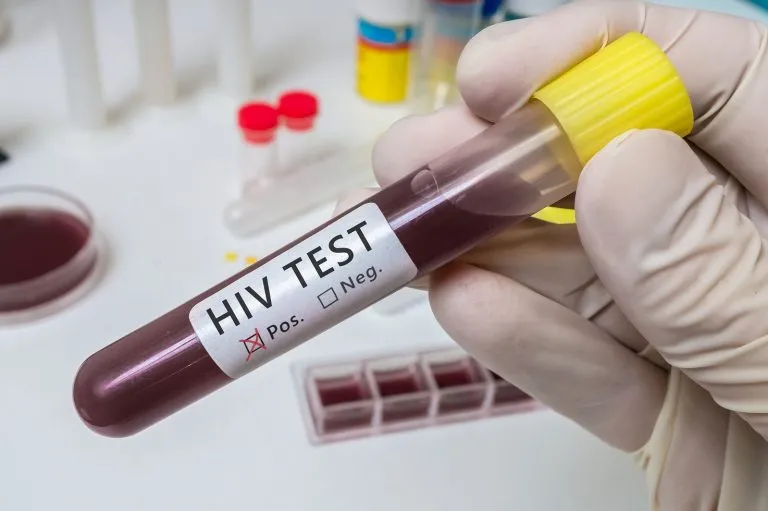Recently, news circulated the world that a woman from the United States became the third person in the world to be cured of HIV infection. A disease previously considered incurable can be successfully treated with stem cells derived from cord blood. This is a great hope for both patients and researchers.
Past treatment of patients with HIV
If HIV infection is detected, the patient is administered antiretroviral drugs. HAART therapy is necessary throughout the patient’s life, as it prevents viral replication and significantly slows the progression of the disease to full-blown acquired immunodeficiency syndrome (AIDS). It also allows the immune system to rebuild, and reduces the number of complications associated with the development of the disease. Unfortunately, the drugs used carry the risk of side effects and drug resistance. They also do not ensure a cure. For this reason, researchers are still looking for a way to completely rid the body of the HIV virus from the patient’s body and make it possible to stop taking antiretroviral drugs. .
Why were stem cells transplanted into HIV patients?
In both the previous patients cured of HIV infection and the latest patient, the stem cells were transplanted because of the cancer that all three patients had. In the last case, the patient was struggling with acute myeloid leukemia. Due to difficulties in finding a bone marrow donor, it was decided to transplant stem cells derived from cord blood. After transplantation, the production of immune antibodies began, and HIV was unable to attack them or reproduce. This, in turn, led to halting the progression of the disease and made it possible to discontinue antiretroviral drugs.
Stem cells from cord blood hope for HIV patients
Target cells in the human body for HIV are those containing the CD4 receptors necessary for infection, as well as coreceptors, among others. CCR5. The cure in all three cases is due to the CCR5 gene mutation, which “protects” against HIV infection. Both the cells transplanted into the American woman and the previous patients contained just this mutation, which results in a non-functional receptor. This prevents the HIV virus from attacking immune system cells, thus inhibiting its replication. Interestingly, the mutation is believed to be present in about 3% of the population, meaning that this group of people is immune to HIV infection.
What is the advantage of cells from cord blood over bone marrow?
Two patients so far cured of HIV infection have received stem cells from bone marrow. In turn, the American woman is the first person to be cured using cells derived from umbilical cord blood.
Stem cells are present, among other things. In bone marrow, as well as cord blood. Those derived from cord blood, however, carry a lower risk of rejection and transplant complications due to their lower immunological maturity. Besides, their regenerative capacity is 10 times that of bone marrow-derived cells. It also reduces the time it takes to find a donor, which, as in the case of the American woman described, can be very difficult due to race or background. What’s more, by placing stem cells from cord blood at very low temperatures, the risk of damage and aging is much lower than with bone marrow cells.
For now, it remains to be seen whether stem cells derived from cord blood will become a widely used therapy for HIV-infected individuals. One thing that is certain is that the list of diseases for which stem cells can be used in therapy continues to grow. This, in turn, should allay any doubts Parents may have about the collection of cord blood and storage of their child’s stem cells. Childbirth is the only moment, There will be no second chance.
Bibliography:
Pulse of Medicine
Rate this article:












